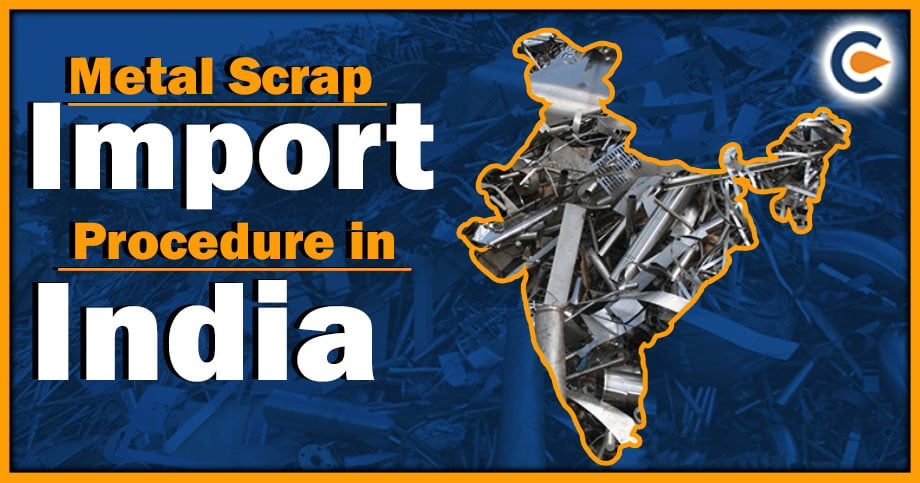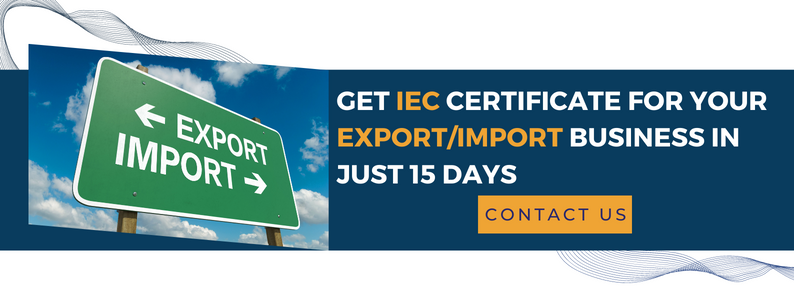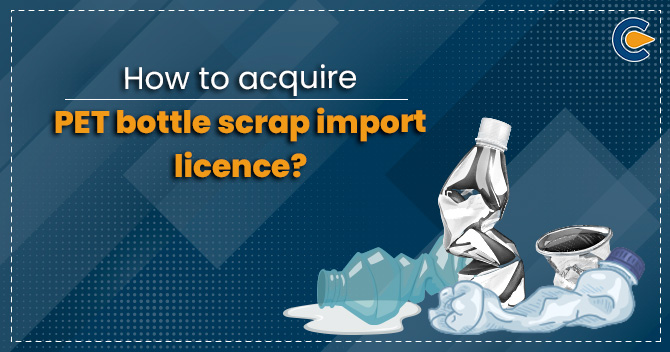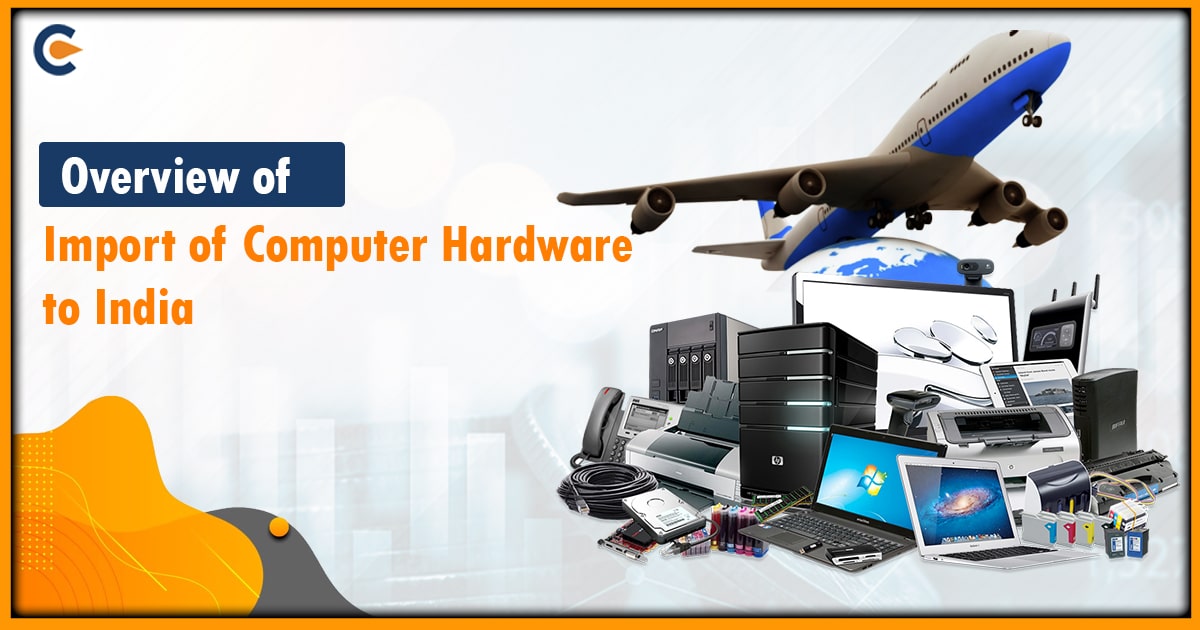Metal Scrap is a term that refers to discarded metal, metallic material, and any product containing metal that may be recycled from prior consumption or product creation. The Indian government permits the metal scrap import procedure, provided it excludes dangerous, poisonous, or radioactive material. Weapons, ammunition, mines, and live or spent cartridges are prohibited. Metal scrap import data is gathered from customs authorities at several ports around India. It comprises information from the bill of materials and shipping manifests. Metal scraps are recyclable materials that are left behind after production or use. Scrap is sold and recycled to create fresh material. Metal scrap comes from manufacturing, buildings, residences, hospitals, farms, and trash.
The following metals are recycled on a huge scale in India:
- Copper is a regular home material used in plumbing, indoor air conditioning, and electrical lines; copper is a popular recyclable material.
- Aluminium is widely used in cans. It is also used for windows and doors in the home.
- Brass is a hefty material that is widely used in hardware. It is ecologically friendly and uses 80% of the energy necessary for manufacture.
- Iron and Steel are prevalent materials utilised in automobiles, shelves, cabinets, and other applications. Steel is recyclable several times.
Analysis of India’s Metal Scrap Import Market
In 2019, India imported 1.37 tonnes of aluminium. This represents a massive increase above the previous year’s figure of 1.27 tonnes. India just surpassed China as the world’s top importer of aluminium scrap. India now charges 2.5% on aluminium scrap and 7.5% on aluminium and its raw materials. The aluminium sector has asked the government to increase aluminium scrap imports. The aluminium sector intends to compete with the aluminium scrap business by raising import duties. 4.38 million tonnes of iron scrap were imported into India. After Turkey and South Korea, India is the third largest importer of iron scrap. Iron scrap is subject to a 2.5% duty in India. The United States and Europe account for most of India’s imports. According to the prediction, iron imports might reach 7.37 million tonnes of scrap. Top of Form
Advantages of Metal Scrap Import Business
The advantages of Metal Scrap Import Business are as follows:
- Economic benefit – While the driving factor for the recycling sector may have been economic initially, the environment is now the major beneficiary. The utilisation of scrap metals primarily conserves natural resources. Most metals may be recycled several times without losing their characteristics. A scrap metal recycling operation is like an above-ground mine, supplying raw materials to the building, transportation, and manufacturing industries. Increasing the usage of waste material lowers the demand for mined ore, reducing the use of this non-renewable resource and minimising harm to land and natural ecosystems.
- Conservation of Natural Resources – Using scrap metals primarily conserves natural resources. Most metals may be recycled several times without losing their characteristics. A scrap metal recycling operation is like an above-ground mine in that it supplies raw materials to the building, transportation, and manufacturing industries.
- Reduces Energy Consumption – Another advantage of scrap metal over mined metal ore is that scrap metal recycling consumes significantly less energy. Making useable metal from mined ore requires a lot of energy. Significantly reducing energy use leads to decreases in the quantity of greenhouse gas emissions. By employing iron and steel waste rather than virgin resources, carbon emissions are decreased by 58 per cent, ISRI reports.
Documents Required For Metal Scrap Import Procedure
In India, the approvals and licenses required for importing metal scrap include:
- Importer Exporter Code (IEC): All importers in India must obtain an IEC from the Director General of Foreign Trade[1] (DGFT).
- Registration with the Scrap Inspection Agency (SIA): Importers of metal scrap in India are required to register with the SIA, which is responsible for inspecting and certifying the quality and quantity of metal scrap being imported.
- Pre-Shipment Inspection Certificate: Before shipment, the metal scrap must be inspected by an agency approved by the Indian government to ensure compliance with Indian regulations.
- Environmental clearance: Importers of metal scrap in India must obtain an environmental clearance certificate from the Ministry of Environment and Forests to ensure that the recycling does not harm the environment.
- Customs Clearance: All imports in India require customs clearance, which involves submitting various documents and paying customs duties and fees.
- IEC (Import-Export license): An IEC license may be required in certain cases depending on the nature of the metal scrap being imported.
Requirement for Metal Scrap Import
Metal scrap is classified into two categories:
- Shredded Metal Scrap: Shredded metal scrap refers to metal scrap that has been mechanically processed into small pieces or shreds. Shredded metal scrap is often used as a raw material in steel production.
- Non-Shredded Metal Scrap: non-shredded metal scrap refers to metal scrap that has not been processed into small pieces or shreds. Non-shredded metal scrap includes railway tracks, pipes, and plates.
Classifying metal scrap into shredded and non-shredded categories is essential in India because different regulations and import duties apply to each category.
The exporter must provide the following documentation to import metal scrap from a country involved in any war or rebellion activity:
- Pre-shipment inspection certificate from a reputable inspection or certification agency, as specified in the Handbook of Procedure Volume-1.
- There are no weapons, ammunition, or radioactive waste in the shipment.
- According to internationally specified requirements, imported items must be metallic waste or scrap.
- Undertaking that the imported waste does not contain any armaments, ammunition, mines, shells, cartridges, radioactive waste, or other explosive material in any form.
Process of Metal Scrap Import
The Metal Scrap Import Procedure is as follows:
- Metal scrap would be approved following a thorough physical check. Depending on the congestion at the Port/ICD, the availability of human resources, and the importer’s antecedents, the concerned Commissioner of Customs or Commissioner of Central Excise may permit the importer to remove the sealed container to his factory premises at his own risk and expense under the re-warehousing procedure. The Central Excise officer in charge of the manufacturer-importer would guarantee a thorough physical assessment of the shipment. The re-warehousing certificate will then be returned to the port/ICD of clearance for reconciliation. The local Central Excise Officer may request the assistance of the local police for advice/guidance or physical investigation of the junk.
- A similar method will be followed for inspecting metal scrap consignments at ports/ICDs/CFSs/LCSs when it has been decided to examine the port/ICD/CFS/LCS rather than at the manufacturer-premises. Importers.
- As per category-2, Regarding Category-2, or future metal scrap imports, the following method will be followed:
Metal scrap in the shredded form shall be allowed to be imported through all ports/ICDs/CFSs/LCSs without a pre-shipment inspection certificate.
Metal scrap in the unshredded, compressed, and loose form is prohibited from import in the country through ports designated in Annexure-II to Appendix-V of the Handbook of Processes, Volume-1, 2004-09, as specified in Public Notice No.53/2004-09, dated 19.09.2005, issued by the DGFT. Imports from such ports should be viewed as a breach of the terms of the Foreign Trade Policy, with severe penalties imposed. Such consignments should be cleared after a thorough assessment.
Scrap imports are permitted exclusively through the following authorised ports (with no exceptions allowed, even in the case of EOUs and SEZs): –
- Chennai
- Cochin
- Ennore
- JNPT
- Kandla
- Mormugao
- Mumbai
- New Mangalore
- Paragraphdip
- Tuticorin
- Vishakhapatnam
- ICD Loni
- Ghaziabad
- Pipava
- Mundra
- Kolkata
- ICD Ludhiana
- ICD Dadri (Greater Noida)
- ICD Nagpur
- ICD Jodhpur
- ICD Jaipur
- ICD Udaipur
- CFS Mulund
- ICD Kanpur
- ICD Ahmedabad
Market Overview for Metal Scrap Trade in India
According to recent data, the most traded metal scrap in India is ferrous scrap, which includes both shredded and non-shredded varieties. Ferrous scrap is mainly used as a raw material in steel production.
In the fiscal year 2020-21 (April 2020 to March 2021), India imported around 5.5 million tonnes of ferrous scrap, valued at approximately $1.5 billion. The top sources of ferrous scrap imports to India in that period were the United Arab Emirates, the United States, the United Kingdom, and the Netherlands.
Other metal scraps that are traded in India include copper scrap, aluminium scrap, and zinc scrap. However, the volume of imports for these types of metal scrap is much lower than that of ferrous scrap.
Conclusion
The worldwide metal scrap recycling business is valued at more than USD 500 billion, with India accounting for USD 11 billion, or 2.2 per cent of the sector. The Indian government permits the import of metal scrap, providing it does not include any dangerous, poisonous, or radioactive material. All importers who wish to import Hazardous waste such as Paper, Scrap Metal, E-waste, and Scrap Plastic need a licence. They can only import if they have this licence. The pollution control board of India mandates this licence. Therefore, it is essential to appoint an expert in Metal Scrap Import to obtain the necessary permit and approvals and hassle-free support.
Also Read:
How To Obtain IEC Code In India
How To Start A Metal Scrap Trading Business?
Importance Of Proper Documentation Before Submitting IEC Application













